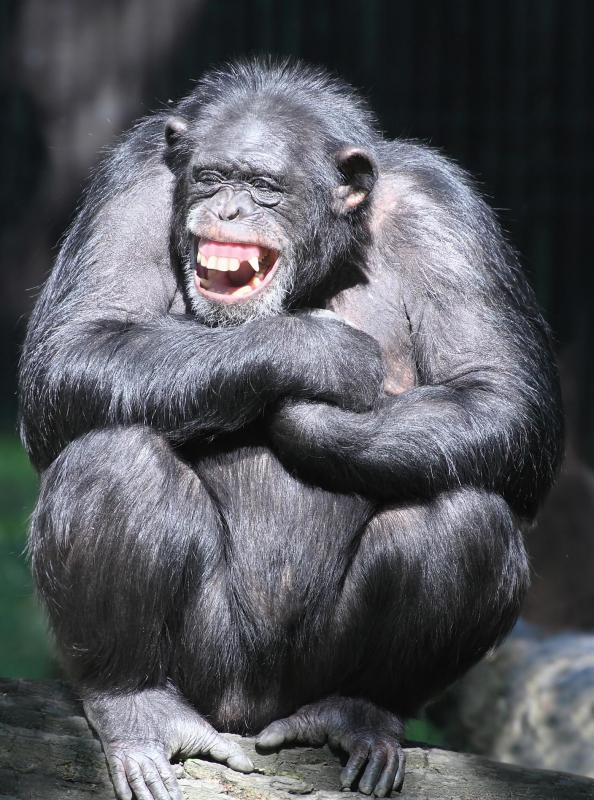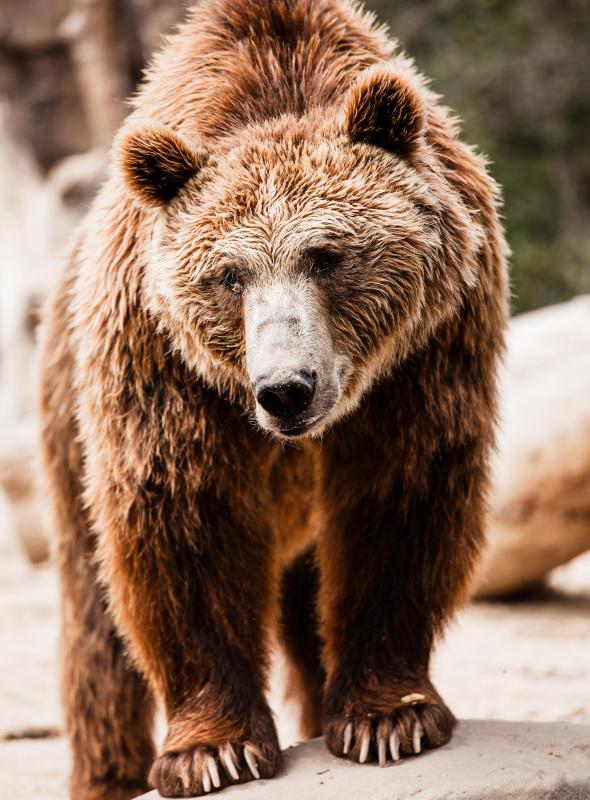At WiseGEEK, we're committed to delivering accurate, trustworthy information. Our expert-authored content is rigorously fact-checked and sourced from credible authorities. Discover how we uphold the highest standards in providing you with reliable knowledge.
What Is Bushmeat?
Bushmeat refers to the flesh of wild animals that are killed and consumed or sold by native peoples, most often in Africa and Southeast Asia. Species threatened by hunting and sale of their meat include primates such as gorillas, chimpanzees and many types of monkeys. The trade in wild meat is unsustainable and has been blamed for the spread of diseases from animals to man, including a virus believed to have originated human immunodeficiency virus (HIV). Economic reforms, including protocols designed to reduce or eliminate the black market, have been proposed to stop the illegal practice.
In Africa, vast numbers of refugees from Rwanda and other nations in crisis were sent to camps on the outskirts of national parks and game areas. They hunted bushmeat to supplement the cereal-based rations given in the camps, out of both tradition and a need for protein, an integral part of their diets. Other tribes have found an economic niche selling their catch. Logging companies have built roads and infrastructures in previously unspoiled forests, making the trade easier for people interested in commercial bushmeat.

Asian medicine and religious practices have a long history of animal product use. Tigers, marine turtles and Tibetan antelope, or chiru, have been harvested for use in folk remedies, magical applications and fashion. In addition, there has been a thriving exotic market taking live animals for zoos, circuses and the pet trade. The demand can be so high that wild populations cannot sustain it, and animals such as tigers and bears have been farmed for commercial purposes. The harvesting of exotic birds not only decimates species but spreads severe acute respiratory syndrome (SARS) and Asian bird flu.

Apes suffer the worst from the bushmeat trade. They reproduce slowly, and orphaned animals whose parents were killed for meat often end up on the black market as exotic pets. Besides extinction, disease in primates can be passed to humans through consumption and handling, because of their similar DNA. Research has found that the human immunodeficiency virus originated from a simian immunodeficiency virus (SIV), which is believed to have mutated and passed to humans through contact with infected bushmeat. The International Union for the Conservation of Nature (IUCN) has estimated that nearly half of all species of primates are at serious risk of extinction.
Organizations such as the Ape Alliance, Bushmeat Crisis Task Force and the World Wildlife Foundation (WWF) have been working with scientists and lawmakers to raise awareness of the bushmeat trade and its effects. Encouragement of responsible timber management and a code of conduct for logging companies have met with little response. Government regulations for the protection of animals and harsh penalties against poachers and black marketers can stem the tide. The reduction of demand for bushmeat through sustainable economic strategies and sanctions against export will help bring illegal hunting to an end.
AS FEATURED ON:
AS FEATURED ON:












Discussion Comments
@browncoat - Whatever is done needs to be done with the input of the people involved. These are their traditions and ways of life, but at the same time they are not stupid or inflexible and most people are willing to compromise when they see it's in their own best interests.
If the animals in question are driven to extinction that's not exactly going to help bushmeat hunting either.
@Fa5t3r - They have to come up with some alternative to this kind of hunting though. Even if there was an unlimited supply of animals to hunt for bushmeat there are still legitimate issues with the spread of disease, particularly through bushmeat from apes and monkeys.
I think the best solution to the bushmeat trade is to set up the poachers and hunters so that they are tracking the animals for scientific purposes and not to kill them, so they can use their traditional skills without harming the populations of endangered species.
This is such a difficult situation, because for many people involved in aspects of bushmeat trade, it's the only recourse they have for survival. Often it's completely out of their control that the animals are endangered, because as individuals they only take the same amount of kills they have for generations. But since population pressure from refugees and natural disasters has put too many people in the same place, and since deforestation has stopped the animals from thriving it turns into a mess and the hunter is the one who pays.
Post your comments